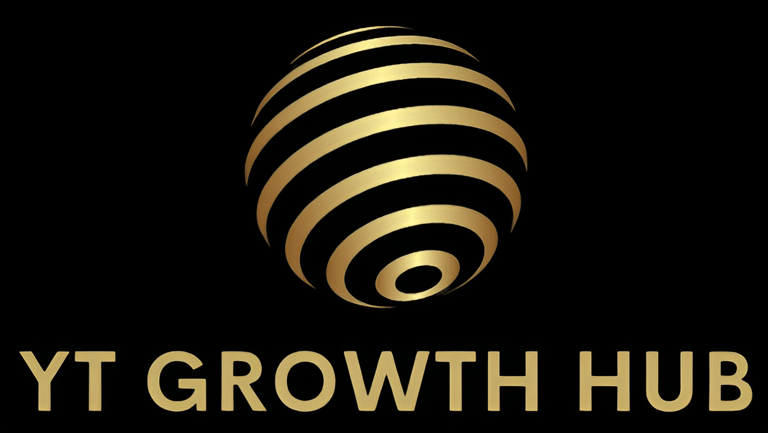3 Simple Steps To Become More Self-Reliant
PERSONAL DEVELOPMENT
2 min read


Understanding Self-Reliance
(1) Meaning: Self-reliance is the ability to depend on oneself for their own needs, decisions, and well-being, rather than relying excessively on others or external systems.
(2) Importance: It fosters independence, confidence, and the capacity to navigate life's challenges with self-assuredness.
Cultivating Independence
(1) Meaning: Cultivating independence involves acquiring the skills, mindset, and habits that enable you to rely on yourself in various aspects of life.
(2) Importance: It empowers you to make informed choices, adapt to change, and face adversity with resilience.
Building Self-Sufficiency
(1) Meaning: Self-sufficiency is the state of being able to provide for one's own basic needs, such as food, shelter, and security, without undue reliance on external resources.
(2) Importance: It reduces vulnerability and enhances your ability to thrive in a range of circumstances.
How to Become More Self-Reliant
(1) Self-Assessment: Begin by evaluating your current dependencies. Identify areas where you rely heavily on external sources or individuals. This may include financial dependence, decision-making, or even emotional well-being.
(2) Skill Development: Acquire practical skills that enhance self-reliance, such as financial literacy, problem-solving, and basic self-sufficiency skills (e.g., cooking, home maintenance, and budgeting).
(3) Mindset Shift: Change your mindset by cultivating a sense of self-efficacy and a belief in your ability to handle challenges independently. Challenge self-limiting beliefs and build confidence in your decision-making.
Practical Example
Let's take the example of a consultant who is alone, needs to build a website, and has no experience in web development or design.
(1) Self-Assessment: The consultant begins by assessing their current skills and resources. They realize that they have no experience in web development or design, but they have a good understanding of their business and target audience. They also have a strong work ethic and are willing to learn new skills.
(2) Skill Development: The consultant decides to develop the skills they need to build their website. They explore other websites, understand how things are done, focus on websites that are similar to what they want to create in terms of content, design, and functionality, and pay attention to the layout, navigation, and overall user experience. They also read books and articles on the topic. If required, they take proper online courses and tutorials on web development and design.
(3) Mindset Shift: The consultant realizes that they can build their own website, even though they have no prior experience. They challenge the limiting belief that they need to hire a professional web developer. They also develop confidence in their ability to learn new skills and overcome challenges.
